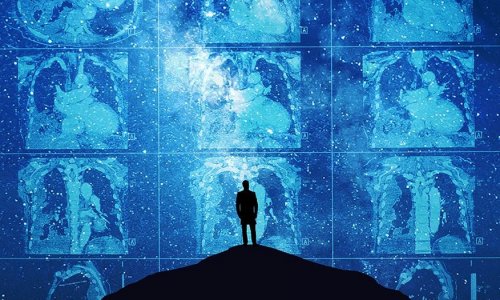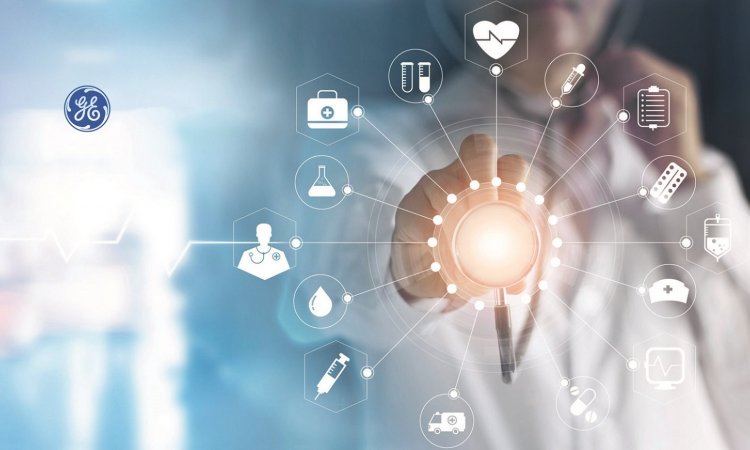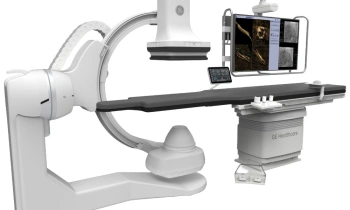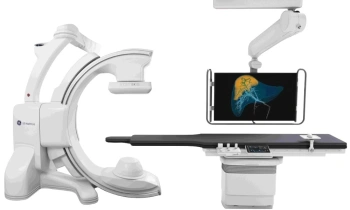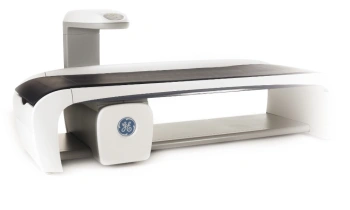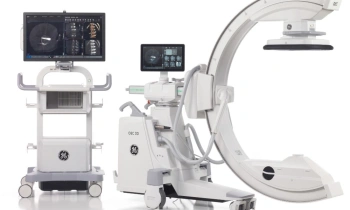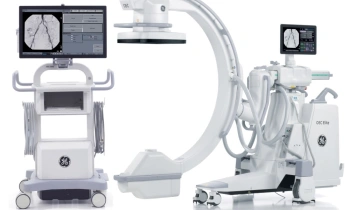
Source: ESR
News • Future healthcare
AI in radiology: beyond imaging
Today, artificial intelligence (AI) can be found everywhere: in our cars, our smartphones and even our working environments. AI has many areas of application, including in the healthcare sector. AI will change the interaction between doctors and patients, but most patients won’t even know it’s involved.
That’s because improving the patient experience, helping to increase productivity, diagnostic accuracy and overall quality of care won’t happen overnight or as part of some massive disruption. The best AI will evolve invisibly with and into the existing care continuum. Today, hospitals store hundreds of millions of digital images, their numbers growing as imaging scanners such as MRIs and CTs become better at capturing thinner and thinner slices of the body – and 3D and 4D images become the norm. There is simply no way humans can turn that much data into useful information.
Algorithms make it possible to automate some of the more tedious tasks and provide information to improve decision making
AI is vital to tackling the “deluge of data” challenge in healthcare – and medical imaging is a logical place for AI to prove its worth. To do so, man and machine must work together, and radiologists need to appreciate that their roles will transform. By embracing the machine as an integral part of the care team, enabling it to automate routine procedures and processes, clinicians can focus on the most complex and critically ill patients and more efficiently and effectively diagnose and treat disease. AI-powered medical imaging systems can produce scans that help radiologists identify patterns – and help them treat patients with emergent or serious conditions more quickly. The goal: more accurate, quality care.
The term "artificial intelligence" is used to describe machines or programs that simulate intelligence. This means that these machines or programs are able to understand situations and can therefore help us make decisions — or even make decisions themselves. Artificial intelligence is built around three components: large data sets and data analysis, scalable computing power, and algorithms that are based on the ability to learn, and one method (among others) known as "deep learning" is in focus.
Recommended article
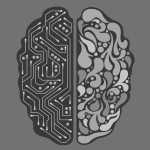
Article • AI in radiology
Augmented intelligence rather than artificial
Artificial intelligence (AI) will increase efficiency and improve quality as well as clinical outcomes – and thus strengthen rather than weaken the role of radiologists, said Dr Joon Beom Seo at ECR 2018. A spectre is haunting radiologists – the spectre of artificial intelligence. Is AI about to replace radiologists? Wrong question,’ declared radiologist Dr Joon Beom Seo, professor at the…
Machines are most often trained using supervised learning techniques. For example, in the case of medical imaging, the machine will process thousands of images that have already been interpreted. By analyzing this data, the machine can define models that it can then use to interpret some of the elements on its own. For instance, this principle is used in cardiac MRI. Algorithms make it possible to automate some of the more tedious tasks and provide information to improve decision making. This technology therefore leads to faster, earlier and more effective diagnosis.
Some machines have more advanced artificial intelligence functions. These machines are optimized with machine learning, using programs that gradually improve their abilities through direct access to data, without the need for human intervention. Preventive maintenance is based on this principle: All maintenance data is shared between machines to make it easier to detect potential problems automatically. Predictive solutions can foresee a CT tube failure three days in advance and pre-empt a repair. This helps improve the standard of care, boost team satisfaction, and make it easier to keep to schedules.
No "one size fits all" solution
AI is not a “one size fits all” solution. It’s about going beyond the imaging machine to make it intelligent with cognitive software, large data sets, and analytics. AI partnerships and advanced analytics teams have made significant progress over the past few years, but the work and outcomes are just getting started. These AI-enabled tools will quickly appear to be invisible, making way for a more personal doctor-to-patient experience. AI can empower clinicians to do their best work by freeing up their attention to do what only a human can.
Healthcare providers, equipment manufacturers and imaging technology vendors all have an important role to play in the adoption and evolution of AI in healthcare. That’s why on October 1st, 2018, the European Society of Radiology (ESR) and GE Healthcare announced their partnership on AI for the upcoming European Congress of Radiology (ECR) to be held on February 27-March 3, 2019 in Vienna, Austria. This partnership is the perfect occasion to deep dive on Artificial Intelligence and analytics as a whole through joint sessions and a 300m2 dedicated space on GE Healthcare’s 850m2 booth, where visitors will be able to experience the AI transformation through interactive tools.
So come and meet us there and let’s learn, experience, and discover AI and Analytics and their role in Imaging together at ECR 2019!
Source: European Society of Radiology (ESR)
04.12.2018




